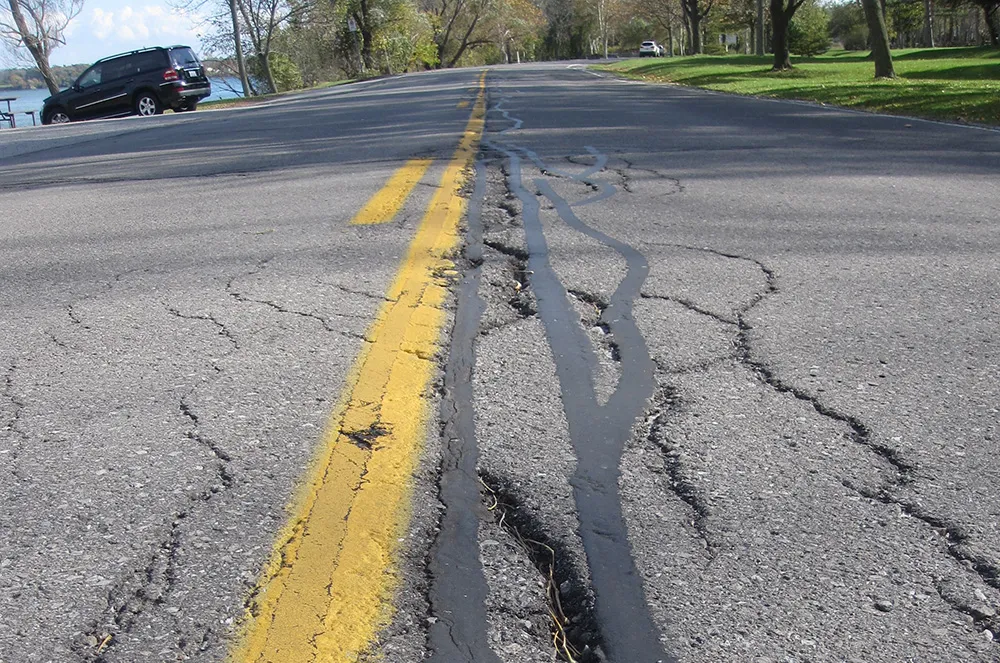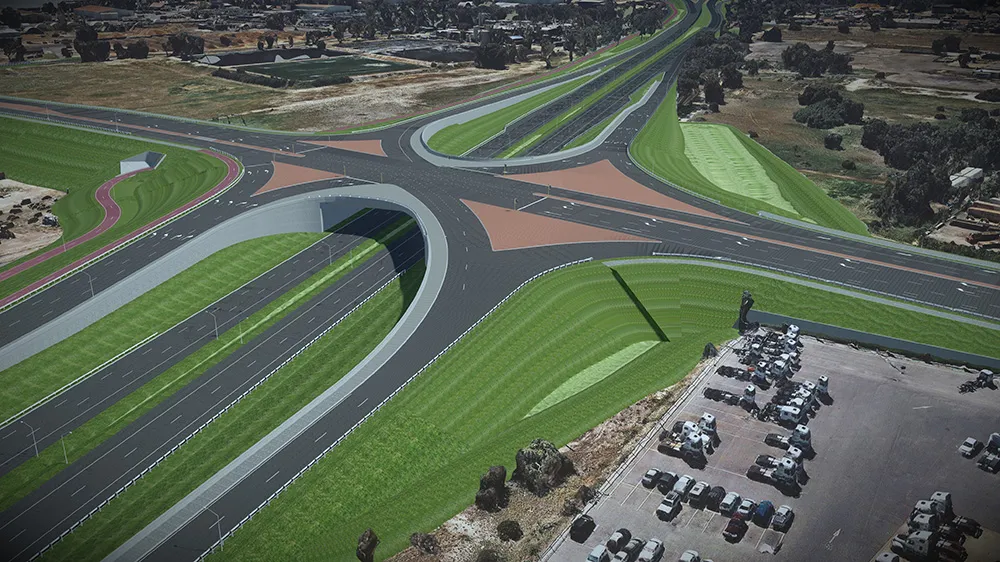
A further 26% highlighted “improper financial decision-making criteria for investment decisions and maintenance” as a major consequence of poor asset management. The research also indicated that usability and accessibility of data are likely to become more important qualities of asset management in the future. More than a third (36%) of the survey sample highlighted “more modern, capable, easier-to-use asset information systems” as the single most exciting recent development to asset management. This was followed by “innovative data collection methods” (27%).
Less than a fifth (19%) of respondents believed that the so-called Internet of Things (IoT) was the single most exciting recent development. Meanwhile, 5G was referenced by just 2% of the sample overall.
When asked to name the top three benefits of improved physical asset management, more than 83% of the survey sample referenced “higher efficiency and effectiveness of operations”. Nearly half (48%) noted “higher return on physical assets”.








